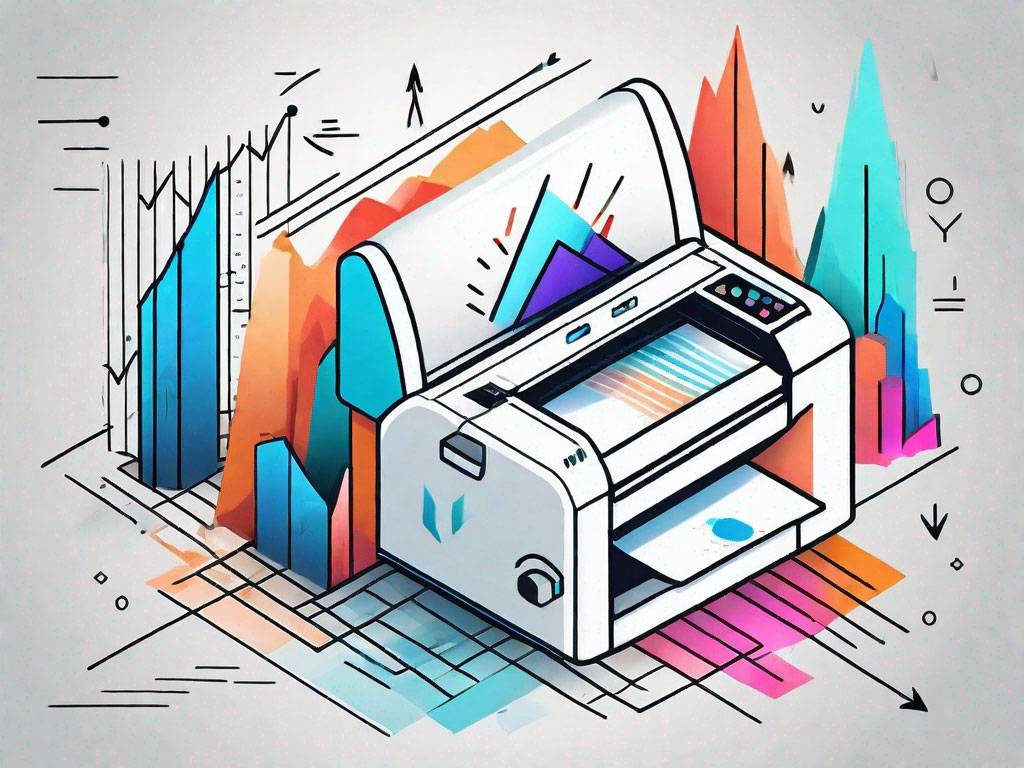Eco-conscious brands are exploring environmentally friendly ways to do print on demand.
Eco-conscious brands are exploring environmentally friendly ways to do print on demand.
Blog Article
Understanding Exactly How Digital Printing Changes the Printing Market
The printing market, long steeped in typical methods, is going through a radical improvement with the advent of electronic printing. This ingenious innovation, which avoids the need for printing plates, enables fast production and personalization, reshaping the landscape of print interaction. With its potential to stimulate interaction through personalized content and to use sustainable remedies, it's clear that electronic printing is greater than a technical breakthrough; it's an essential game changer. Yet how exactly does it revolutionize the market? Allow's check out.
The Evolution of Digital Printing: A Brief Summary
Given that its beginning, electronic printing has actually gone through significant improvements, constantly transforming the printing industry. Its evolution started with the advancement of xerography in the mid-20th century, a process which laid the foundation for laser printers. With the advent of the 90s, electronic printing technology began to grow, and the market saw the intro of direct imaging presses, which removed the requirement for printing plates. As the new millennium unravelled, innovations in innovation further stimulated the growth of digital printing, bring about the creation of high-speed inkjet printers. These devices used premium top quality and rate, forever changing the landscape of the industry. Today, electronic printing stands as a testament to human development, continuously evolving to meet the ever-changing needs of the modern world.

Unloading the Technology Behind Digital Printing
Diving right into the intricacies of digital printing innovation, one comes across an abundant tapestry of innovative equipment and complicated formulas. At the heart of this process lies a digital picture, which is refined by software program that divides it into a grid of dots. These dots are then exchanged an electronic code. This code is analyzed by the printer, which uses it to specifically transfer droplets of ink onto the substratum. The droplets are so tiny and exact that they create an image that is essentially identical from the initial. This intricate system, strengthened by innovative software program and high-resolution imaging, has transformed the landscape of the printing sector, paving the method for unprecedented degrees of detail and precision.

The Benefits of Digital Printing for Businesses
Comprehending the innovation behind digital printing gives a clear picture of its accuracy and detail. Digital printing is ecologically friendly, making use of much less ink and producing less waste. The complete potential of electronic printing is realized when made use of for personalization and customization, a subject that will certainly be covered in deepness in the next area.
The Function of Digital Printing in Modification and Personalization
While standard printing approaches fight with modification and personalization, electronic printing masters these areas. It permits the very easy modification of styles, without the demand for expensive and taxing plate modifications (print on demand). This makes it possible for services to tailor items to private customers, meeting details needs and enhancing client satisfaction
Digital printing additionally enables for variable data printing, where elements such as text, graphics, over here and pictures may be transformed from one published item to the following, without slowing down the printing procedure. This is especially beneficial for direct marketing campaigns, try here where personalized messaging can significantly boost response rates. In this way, electronic printing not only changes the printing market but additionally changes the way companies interact with their consumers.
Analysing the Ecological Influence of Digital Printing
Although digital printing has been admired for its function in modification and customization, it is important to analyze its environmental influence. Digital printing can be less inefficient than traditional approaches, due to the fact that it operates on a 'print on need' basis, removing the click for more need for big print runs that can result in surplus and waste. While electronic printing has numerous benefits, its ecological effect has to be conscientiously taken care of.
Final thought
In final thought, electronic printing has actually changed the printing sector, supplying quick, affordable, and high-grade solutions. It helps with customization, improving customer interaction, and utilizes a lasting print-on-demand model. As this innovation continues to progress, its influence on service communication, client satisfaction, and ecological sustainability comes to be progressively extensive. Understanding these modifications is critical for businesses to take advantage of the advantages of digital printing efficiently.
Report this page